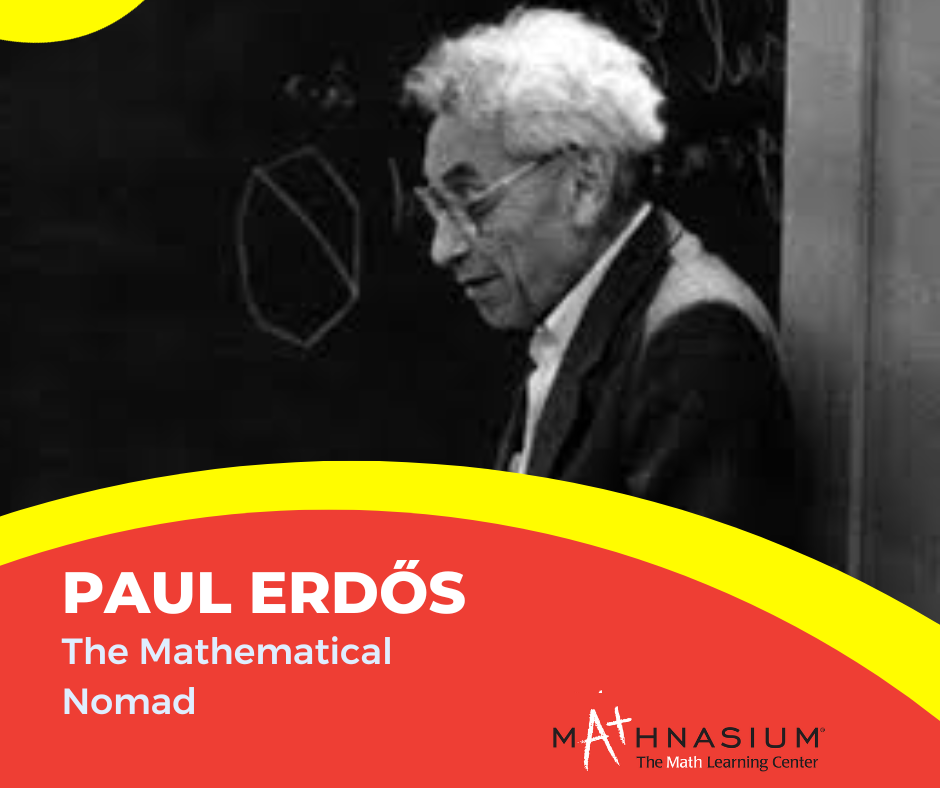In the realm of mathematics, where abstract ideas and complex theorems often reign supreme, one figure stands out as an eccentric genius whose life was as intriguing as the problems he solved. Paul Erdős, a Hungarian mathematician who lived from 1913 to 1996, left an indelible mark on the world of combinatorics, a branch of mathematics concerned with counting, arrangement, and combination of objects. Erdős, often referred to as the "itinerant mathematician," had a prolific career that spanned continents, collaborating with hundreds of mathematicians and leaving a legacy that continues to puzzle and inspire.
Paul Erdős was not your typical mathematician. Born into a Jewish family in Budapest, Hungary, Erdős displayed an early aptitude for mathematics, publishing his first paper at the age of 17. What set him apart, however, was not just his mathematical prowess but his unique lifestyle. Erdős was a nomad, eschewing the conventional trappings of a settled life. He had no permanent home, no family, and few possessions. Instead, he lived out of a suitcase, traveling from one mathematical conference to another, collaborating with colleagues around the world.
Erdős's nomadic lifestyle was fueled by an insatiable passion for mathematics. He believed in the collaborative nature of mathematical discovery and saw himself as a "tramp mathematician" who would knock on the doors of fellow mathematicians, proposing problems and offering solutions. His collaborations were legendary, resulting in over 1,500 published papers, a record that remains unmatched. Erdős's network of collaborators, known as the "Erdős number," became a badge of honor among mathematicians, indicating one's proximity to direct collaboration with Erdős.
The heart of Erdős's mathematical contributions lies in combinatorics, a field that deals with the study of finite, discrete structures and their properties. Erdős was particularly interested in extremal combinatorics, which seeks to determine the maximum or minimum possible size of certain combinatorial structures. His work touched on diverse topics, from graph theory to number theory, and his deep insights led to the resolution of long-standing problems and the creation of entirely new subfields.
Erdős's impact extended beyond the theorems and proofs he produced. His distinctive personality, marked by boundless energy, fueled the mathematical community with enthusiasm. He had a unique ability to pose problems that were deceptively simple yet devilishly difficult to solve, challenging mathematicians to push the boundaries of their understanding. Erdős's influence can still be felt in the myriad unsolved problems that bear his name, known as "Erdős problems," waiting for future generations to unravel.
Despite his unconventional lifestyle, Erdős received numerous accolades and honors, including the prestigious Wolf Prize and the Euler Medal. However, he remained indifferent to fame and material wealth, dedicating his life to the pursuit of mathematical truth.
The life of Paul Erdős was a fascinating journey through the labyrinth of combinatorics. His contributions to mathematics were not just in theorems and proofs but in the inspiration he provided to countless mathematicians around the world. Erdős's legacy is a testament to the power of collaboration, the beauty of mathematical discovery, and the joy of embracing a life driven by passion rather than convention. The puzzling world of Paul Erdős continues to captivate and challenge, inviting new generations to explore the infinite possibilities of combinatorics.











